Filter by
Events
Series
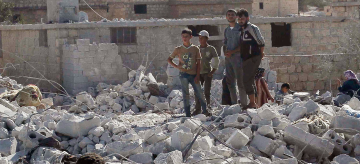
How a Single Phrase Defined the War on Terror
What is the 2001 AUMF and what does it have to do with 9/11? From the invasion of Afghanistan, to the Iraq War, and more, learn how the United States justified U.S. counterterrorism policy for over two decades.
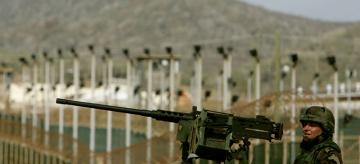
The History of Terrorism and U.S. Counterterrorism Since 1945
From the creation of the CIA to the “War on Terror,” learn about the evolution of U.S. counterterrorism policies in this terrorism timeline.
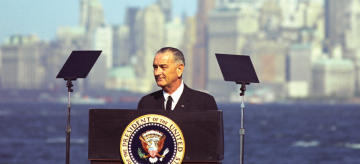
History of U.S. Immigration Policy
Explore how the United States has responded to migrants throughout history—from the Chinese Exclusion Act to DACA—and how immigration policy influences the society, economy, and politics of a country.
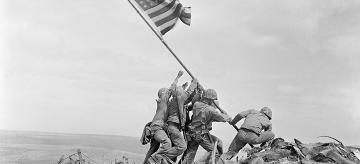
How Did the United States Become a Global Power?
Learn how domestic expansion and three wars—the Spanish-American War, World War I, and World War II—transformed the United States’ standing in the world.

How Did Humans Come to Live Longer and Healthier Lives?
From the history of vaccines and medical quarantines to the origin of the World Health Organization, explore how innovations in global health increased human longevity and prepared the world for COVID-19.
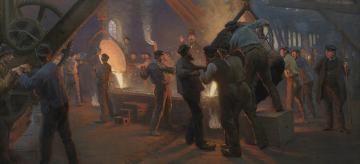
What Are the Causes and Consequences of Industrialization?
Learn about the Industrial Revolution and how technological innovations from the eighteenth and nineteenth centuries continue to shape society today.
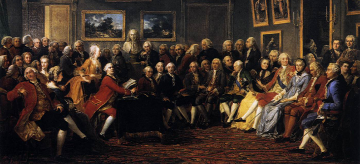
What Is the Enlightenment and How Did It Transform Politics?
Explore how calls for liberty, equality, and individual rights caused revolutions around the world, from the American Revolution to the French and Haitian Revolutions.
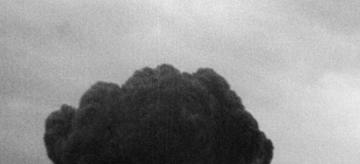
How Did the Cold War Stay Cold?
Learn how the world’s superpowers, the United States and the Soviet Union (USSR), avoided nuclear war.

Response to 9/11
Should the United States strike al-Qaeda in Afghanistan in response to 9/11? Explore this historical simulation set in 2001.
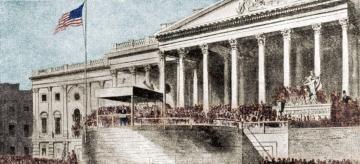
U.S. History Mini Simulations
In this series of historical mini simulations, students step into the shoes of policymakers to advise the U.S. president on how to respond to major foreign policy moments in U.S. history.